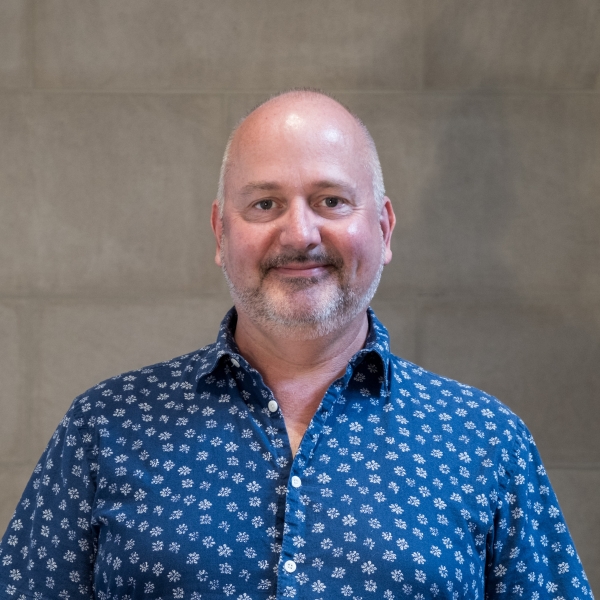Senior Choir Presents: Rejoice in the Lamb
Posted 10/01/2023 by Kevin Jones

Following Choral Evensong on Sunday, October 15, at 4 p.m., the Senior Choir will return to the Nave to present the cantata, “Rejoice in the Lamb” by Benjamin Britten (1913–1976). Britten was commissioned by Walter Hussey and the Church of St. Matthew, Northampton, to write an extended anthem in celebration of the 50th anniversary of the consecration of the church. The Rev. Walter Hussey later became Dean of Chichester Cathedral, where he built on his commissions of artistic works that had begun at St. Matthew’s. While at Chichester, he commissioned Leonard Bernstein (Chichester Psalms), Graham Sutherland (Noli me tangere), Maurice Chagall (a window based on Psalm 150), an altar tapestry by John Piper, and many others. Britten chose the recently discovered poem by Christopher Smart (1722–1771), Jubilate Agno. Smart was a controversial poet known for his public outbursts of religious fervor that probably led to his involuntary institutionalization at St. Luke’s Hospital for Lunatics from 1757 to 1763. While there, he wrote his two best-known works, Jubilate Agno and “A Song to David.” Jubilate Agno (c. 1762) fell into obscurity (and was probably accused of heresy) soon after and was not rediscovered until 1939. Its description of the universe where everything and everyone (cats, bears, leopards, flowers, musical instruments, etc.) are seen as reflections and servants of God must have appealed to Britten. The cantata falls into five groups comprised of nine sections but begins:
Rejoice in God, O ye Tongues; give the glory to the Lord, and the Lamb. Nations, and languages, and every Creature, in which is the breath of Life. Let man and beast appear before him, and magnify his name together.
From this introduction flows the remainder of the text of the work. Since its inception in 1942, the work has received nearly universal praise for its originality, freshness, and adept handling of the at-times odd nature of the text. In 1946, writer Scott Goddard wrote that it “has about it a freshness unlike anything in our music” (British Music of Our Time). I hope you will join us to experience the poetry and music of this great choral work.
Tags: News